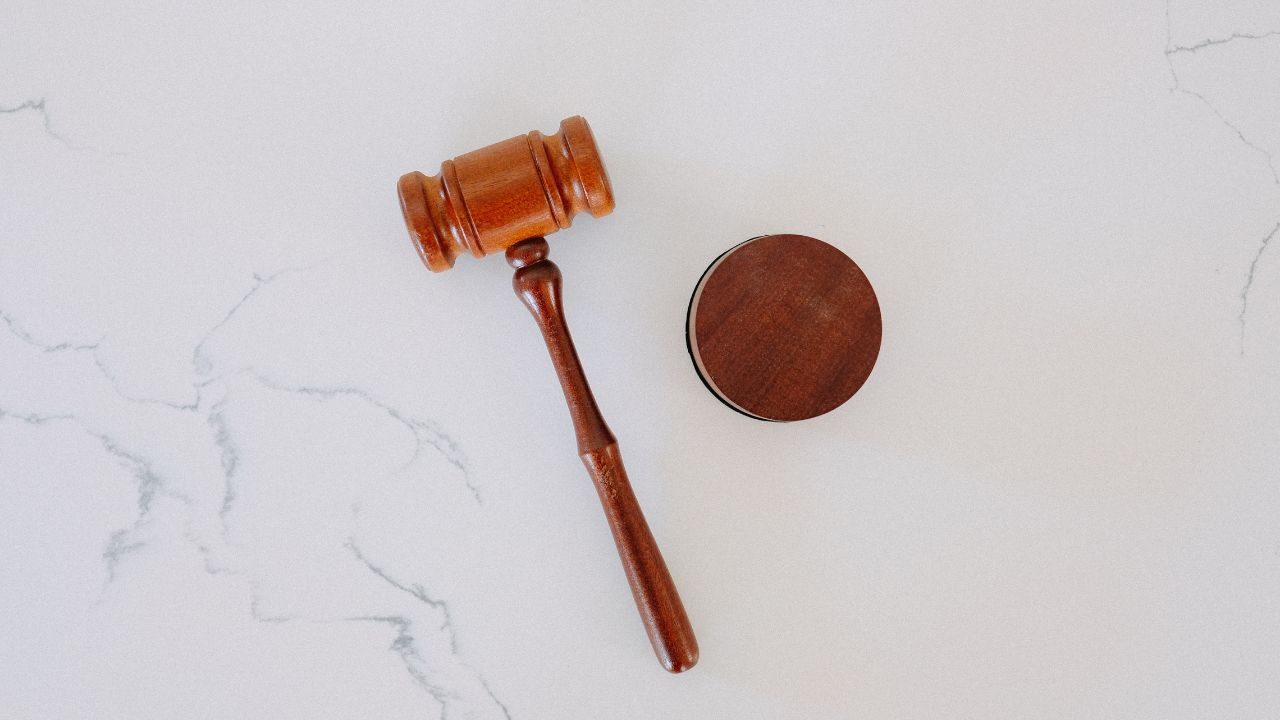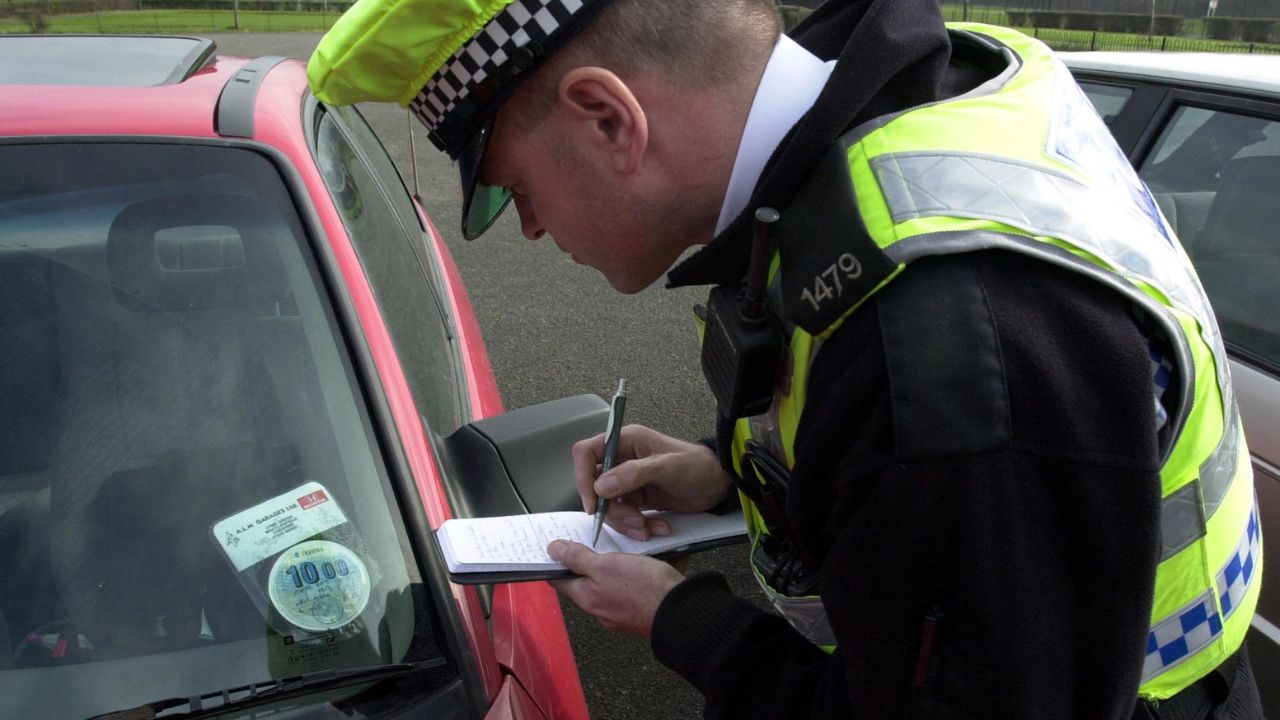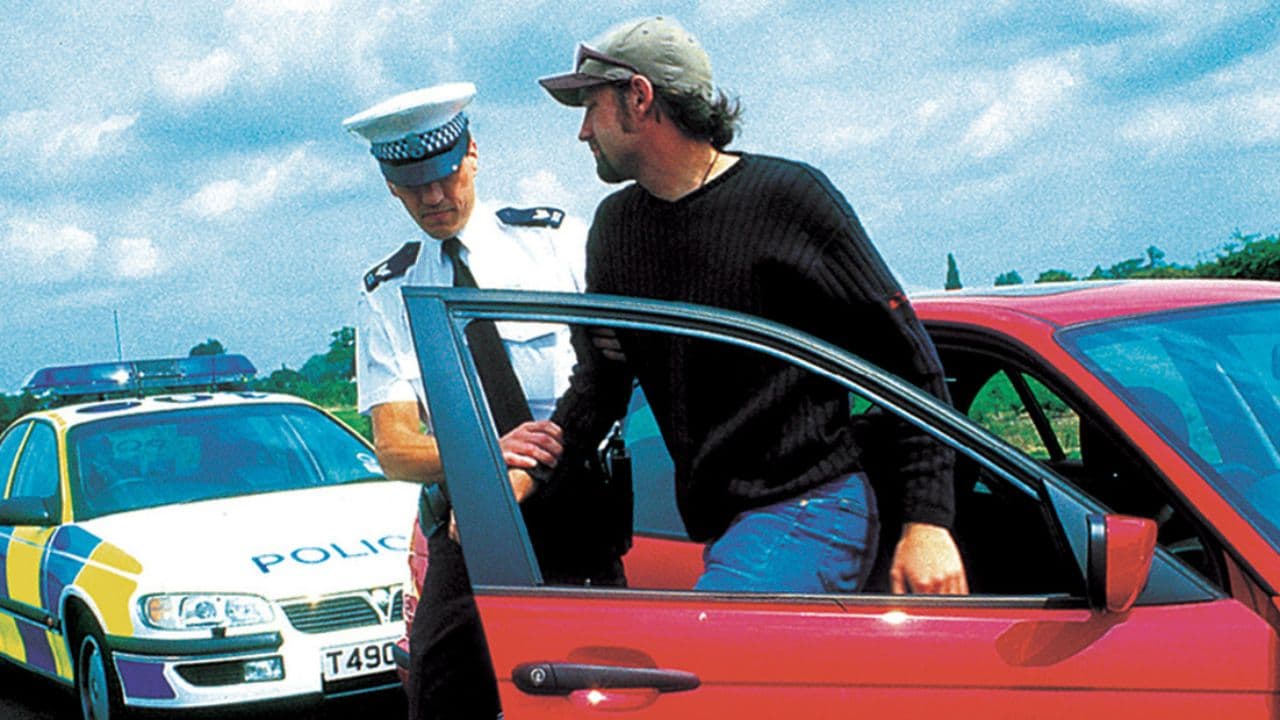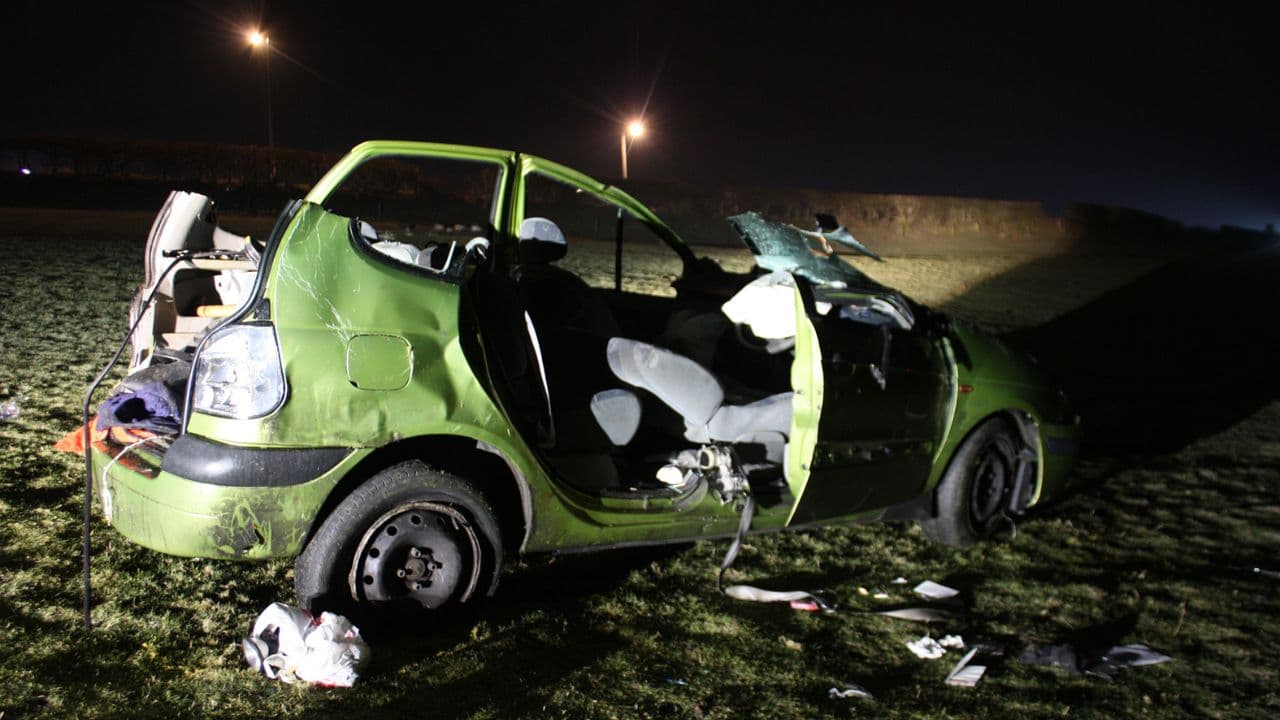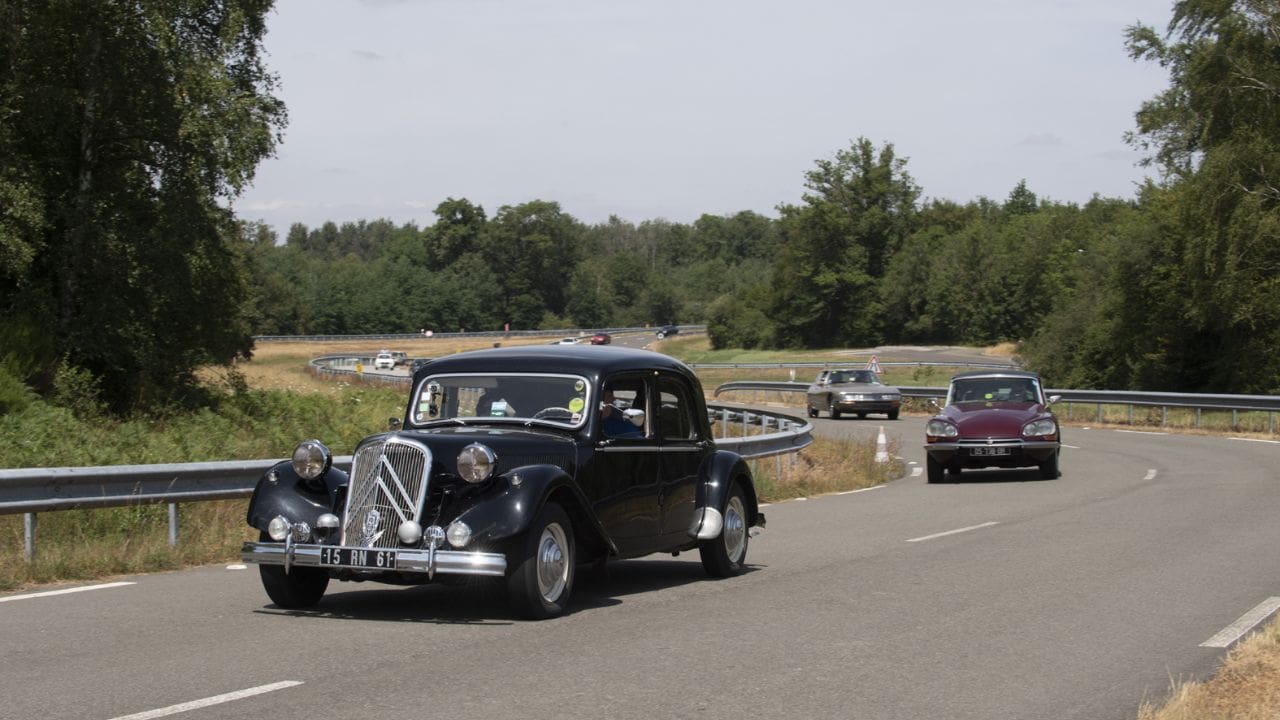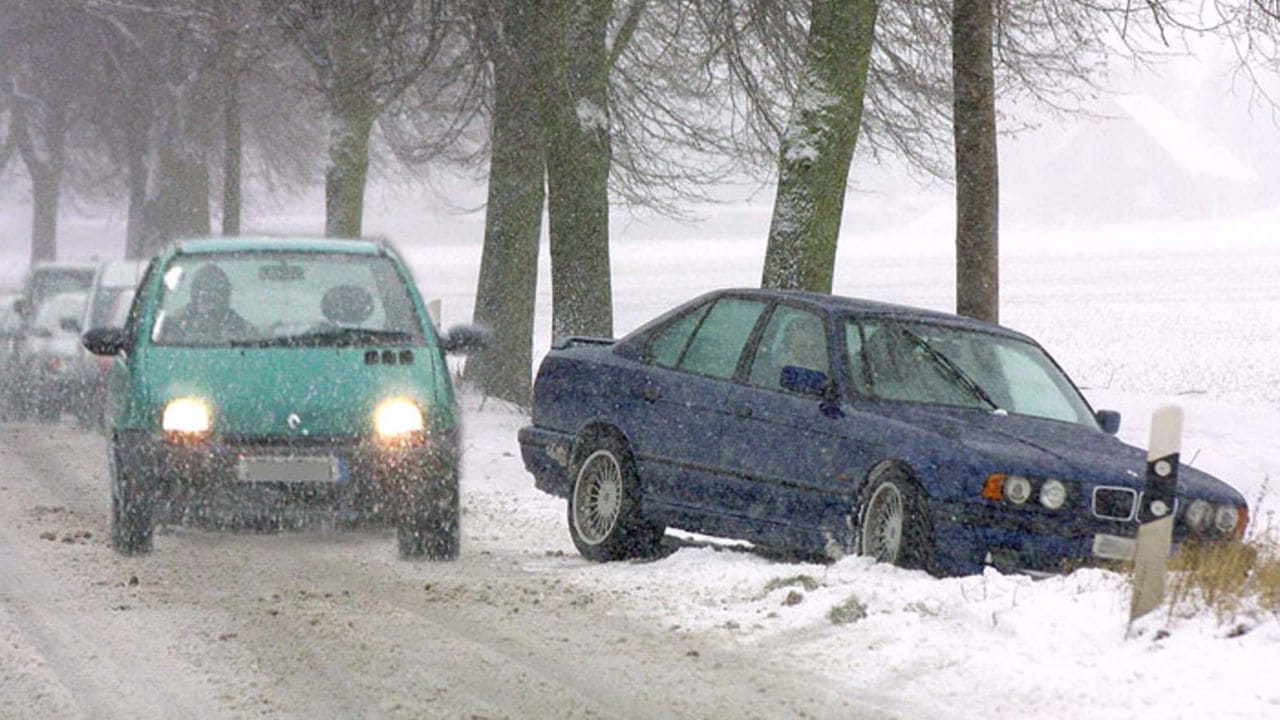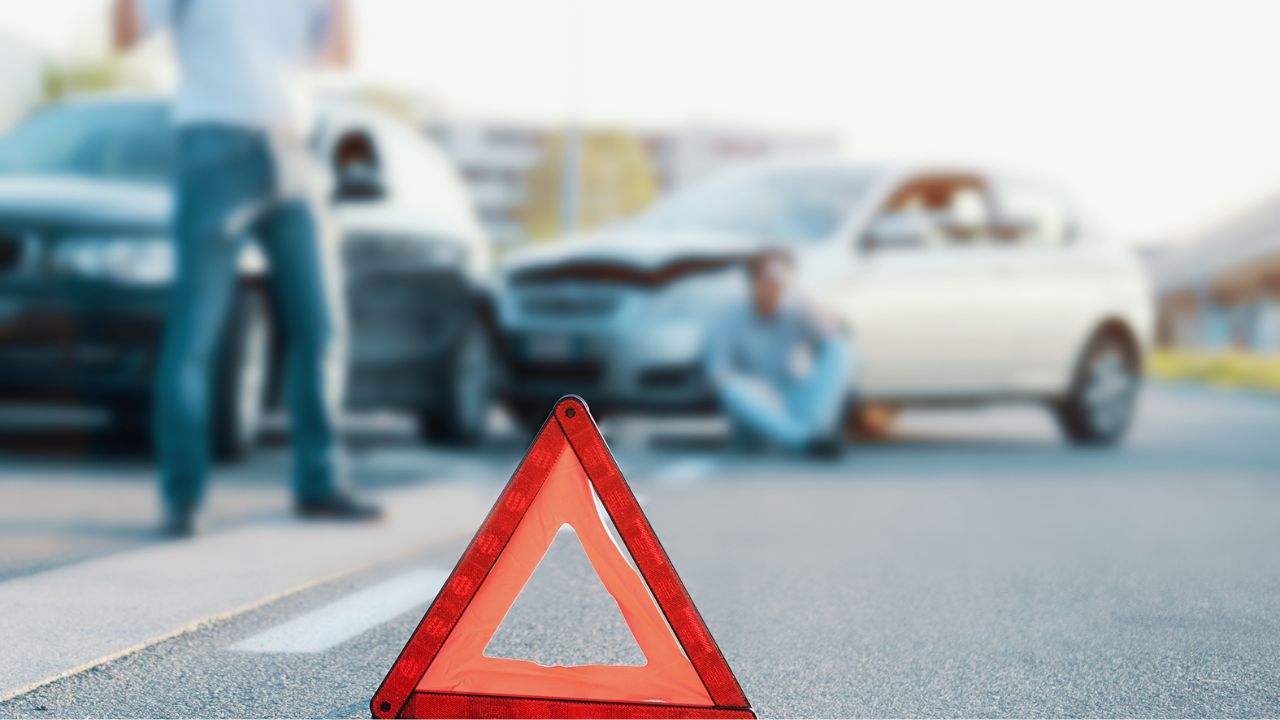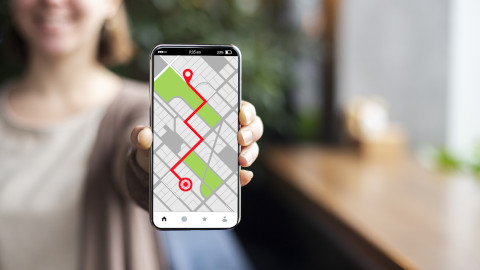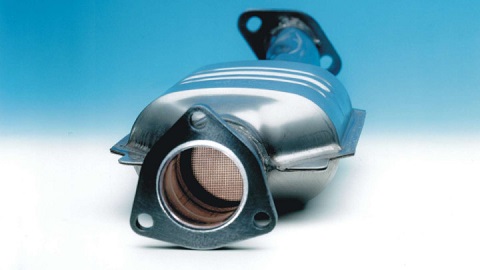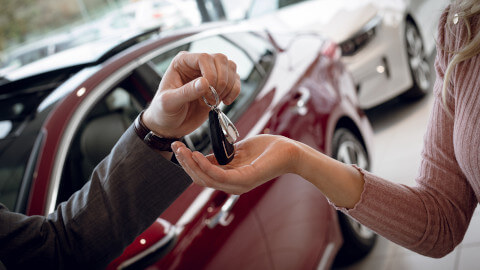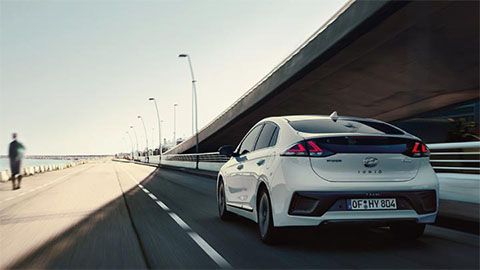Can you drive without car insurance?
When it comes to driving, there are several rules one must follow in order to comply with legal requirements and stay out of trouble. A question raised by a lot of young drivers is if it’s legal to drive without car insurance, or if they have to have one.
This guide will walk you through the legality of car insurance and what are the possible penalties if you decide to go rogue.
Contents
- Is it legal to drive without car insurance?
- What if I don’t have insurance?
- What if I’m stopped by a police officer without insurance?
- What type of car insurance do I need?
- What if I have a car and don’t drive it? Do I need insurance?
- What’s considered a valid insurance policy?
- How much does car insurance cost?
Is it legal to drive without car insurance?
The simple answer to this question is: no. Having a car insurance is a legal requirement, and an important one, that you must comply with. Car insurance became a mandatory requirement in 1930 under the Road Traffic Act.
Even though this can be a costly requirement and can add up to your vehicle’s running costs, this rule was put in place in order to protect you and potential third parties affected by an accident you may be involved in.
We shall look at the worst case scenario to exemplify the importance of being insured when driving. Let’s say you get involved in a car accident, where it was your fault, and the person you ran over had severe injuries which resulted in a life-changing disability or the car you hit was totalled.
You’ll have to monetarily compensate the third party. As you may have guessed, buying a new car or compensating a victim of a car accident can be quite expensive. This sort of expense could be devastating to your finances or worst yet, you may not have the means to pay for such compensation which will have an even worst take in your life.
At the end of the day, being insured is a form of protecting you as well as potential victims.
What if I don’t have insurance?
Not having car insurance could have consequences. If you’re caught driving without insurance, you could be fined and get penalty points. If caught a second time, you could be taken to court, be given an unlimited fine, and you could also have the licence revoked.
If you’re still considering taking the risk, think again. Following traffic’s rules and not catching the police’s attention for reckless driving isn’t enough to not get caught. Some police officers are equipped with licence plate readers, and that will tell them if your car is insured or not.
The police can also seize the vehicle (even if it doesn’t belong to you) and destroy it.
Besides all the hassle mentioned above, if you’re caught driving without car insurance and get any of the penalties mentioned above you, more often than not, will have to pay more for car insurance if you ever deicide to drive again.
What if I’m stopped by a police officer without insurance?
As previously mentioned, police officers don’t need to stop you in order to find out if you have insurance or not. If you’re stopped for any reason, and they ask for the insurance documents as well, it’s ideal that you have them on hand to present.
If you don’t, it’s not the end of the world. You have up to seven days to present the insurance certificate at the police station. Just keep one thing in mind though: the insurance must be valid at the time you were stopped. You can’t just get car insurance within those seven days to avoid a fine.
What type of car insurance do I need?
There are several types of car insurance you can get. Each option gives you different cover, so make sure you get the ones that best suits your needs.
Third Party
This is the very minimum package you can get. As the name suggests, it only covers third parties in case you cause damage to their property or cause physical injuries. The passengers you take on your vehicle are also covered.
Third-party, Fire and Theft
This covers everything mentioned above plus any damages caused to your vehicle due to fire. If your car gets stolen you’re covered as well.
It’s important to keep in mind that even though this insurance covers damages caused to a third-party property, it doesn’t cover any damages caused to yours.
Comprehensive
This is the highest level of insurance available on the market.
It covers everything mentioned above plus any damages caused to your car or you as a person, even if the accident was your fault. Some insurances can even cover compensation for medical treatment, accidental damage and legal expenses, although it’s important to read the fine lines as these costs could be offered as a standard or be available as add-ons.
The type of coverage available for this type of insurance can vary depending on the insurer. Make sure to compare the packages available on the market to make sure you get the best value for money and get all the coverage you feel you need.
What if I have a car and don’t drive it? Do I need insurance?
If you own a vehicle that isn’t in a drivable condition, or you don’t drive for whatever reason, you can register it as off-road at the Statutory Off Road Notice (SORN). In this case, you aren’t legally required to insure it.
What’s considered a valid insurance policy?
You need to be careful when getting quotes for car insurance. You need to make sure you’re buying insurance from a valid institution registered on Financial Conduct Act (FCA), otherwise your policy won’t be considered legal.
There are several reliable websites where you can compare prices from legitimate insurance providers. Don’t forget to check if the policy you’re about to purchase has enough coverage for your needs and once made the purchase the insurance document must have the following information printed on it:
- Date: it’s crucial to have your policy’s start and end date stated on it to avoid confusion and unnecessary fines
- Policyholder’s name: some providers only allow the vehicle’s owner to be insured on it. Some others allow other drivers as well. It’s important that the policy lists out or is in the name of the person who’s driving at the time
- Type of policy purchased: this needs to be stated because it comes in handy when the driver gets involved in accidents
- The policy number: this goes without saying. You need to know and have the policy number on the insurance documentation to facilitate getting in touch with the provider in case you need it
- Vehicle information: this is so the authorities can make sure the car you’re driving at that given moment is insured and not some other car you’re not driving when approached
How much does car insurance cost?
There are several variants that determine how much your policy is going to cost you. One of the main price booster is your age. Insurance providers usually understand that younger drivers tend to demonstrate more risk than older ones, so the younger you are, the more you’re going to have to pay for car insurance.
Your vehicle’s type and age is another factor insurers take into consideration. If your car is brand-new or if it’s so old it could be considered a collector's piece, you’re going to pay more to insure than the regular 10-year-old vehicle. It also depends on if it’s a luxury car, because the more you pay for a car, the more it is going to cost you to insure it.
The place of residence is also considered when calculating prices. If you live in a neighbourhood where the criminality rate is high, it’s going to be more expensive to insure the car. If you don’t have a garage or driveway, and you have to park on the street, it’s going to cost you more. However, living in a gated building or have a lockable garage door can decrease the cost of the insurance policy.
Your driving history is also taken into consideration. If you’re a brand-new driver who’s got a driver's licence recently, the company won’t have any data or information to assess how responsible a driver you are or how likely you are to get into an accident.
But if you have a long history of driving, has never or barely ever needed to make any claims, you’re classed as a low risk driver and that should bring your costs down.
Adding family members, such as your kids, to the policy can bring up the price. That’s because you’re adding in the age and lack of driving history factors, and that increases the chance of someone having an accident with the car.
How your vehicle is used is the last biggest deciding factor that’s going to be mentioned in this article. What you need your vehicle for is a deciding factor when calculating the price. If you need to drive all day, and add-on some extra mileage, yes, it’s going to cost you more. On the other hand, if you only need your vehicle for the average 10,000 miles a year, to go to and from work, you should pay less for the insurance.
Still need more advice?
Car insurance was created to provide financial security to drivers and third parties. It’s become a legal requirement to make sure everyone is covered in the event of an accident. Even though driving without car insurance couldn’t result into a criminal record, a conviction can get in the way of getting future car insurance and could mean you’d need to spend more money in order to get one.
If you still need more advice on driving rules, or just want to stay up to date with Evans Halshaw’s latest articles, please explore our blog. There you’ll find the information you need for safe driving and buying advice.


